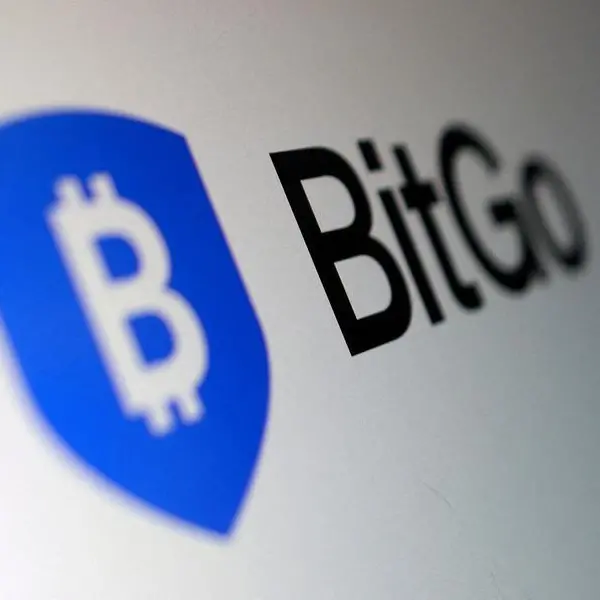PHOTO
What a 476-page report said about the collapsed lender
The bitcoin rally, which surprised investors in January, has steadied in recent days and crypto regulation remains high on the news agenda. But first: a lengthy court-ordered report filed as part of the Celsius bankruptcy process revealed new details about what went on behind the scenes at the lender.
Celsius examiner’s report
To recap: Celsius filed for bankruptcy in July last year, leaving its customers with large losses. As part of Celsius’ bankruptcy case, an independent examiner was appointed to investigate accusations that Celsius had operated as a Ponzi scheme and report on how it handled crypto assets.
Over hundreds of pages, the report details how Celsius used investor money and customer deposits to buy its own token, propping up the price and inflating its balance sheet.
Celsius founder Alex Mashinsky realised at least $68.7 million from selling CEL, the report said. (Celsius did not immediately respond to requests for comment on the examiner's report, and a lawyer for Mashinsky has said previously that his client denies the allegations and looks forward to vigorously defending himself in court.)
FTX objected to calls by the U.S. Department of Justice for a similar independent investigation as part of its own bankruptcy process. FTX said that it is already conducting a wide-ranging probe, arguing that the proposed investigation would only add cost and delay to its bankruptcy case.
Speaking of FTX, a court filing showed that financial watchdogs and government agencies from the United States, Japan and Switzerland are among creditors of FTX, as well as companies including Airbnb and crypto giant Binance. The filing didn’t say how much money they are owed, or why. (Airbnb and Binance did not immediately respond to a request for comment.)
Meanwhile, regulators and authorities are closing in on crypto, with some pressing lawmakers for more powers.
The commissioner of the U.S. Commodity Futures Trading Commission (CFTC) said lawmakers should give the CFTC more power to do due diligence on unregistered firms that want to purchase large stakes in CFTC-registered firms. Democratic senators said the U.S. accounting watchdog should increase its oversight of the firms that audit cryptocurrency companies.
In Europe, Ireland’s central bank governor urged lawmakers to ban the advertising of crypto assets targeted at young adults. He said the Irish regulator was very concerned about the impact on retail customers. The Dutch central bank fined Coinbase 33 million euros for failing to get the right registration in the Netherlands before offering its services there.
Britain’s finance ministry set out draft rules on crypto assets, saying that the collapse of FTX had highlighted risks that need addressing.
Crypto essentials
* The Federal Reserve rejected crypto-focused Custodia Bank’s application to become a member of the Federal Reserve System. The Fed said it didn’t have a sufficient risk management framework to address the heightened risks associated with crypto, including crypto’s potential use in money laundering and terrorist financing.
* The SEC is probing whether registered investment advisers are following the agency’s rules around custody of clients’ digital assets, three sources with knowledge of the enquiry told Reuters. It stepped up its inquiries in the wake of the FTX collapse. The SEC declined to comment.
* The Premier League signed a deal with NFT firm Sorare, allowing it to sell NFTs of virtual trading cards representing players from Premier League clubs. The NFT market has plunged in the last year and football fans have expressed concerns about the role of crypto assets in fan engagement.
* Digital Currency Group latest: Grayscale is gearing up for a prolonged legal fight with the SEC over its application to create a spot bitcoin exchange-traded fund, which the SEC rejected in June. Luno is cutting 35% of jobs.
* In other FTX news: U.S. prosecutors want tighter bail conditions for Sam Bankman-Fried. Concerned that he might tamper with witnesses or destroy evidence in his criminal case, they asked that he be banned from talking to most of his ex-employees without a lawyer present. Bankman-Fried’s lawyers objected, then prosecutors urged the judge to reject Bankman-Fried’s objections.
* FTX also sued Voyager Digital, seeking to claw back $445.8 million in loan repayments.
Digital asset investment products saw their biggest weekly increase in inflows since July last week, with funds tracking bitcoin responsible for $116 million of that, according to CoinShares data. Some investors are betting that bitcoin will benefit when the Federal Reserve reaches the end of its rate-hiking cycle.
What I'm reading
* What happens when crypto derivatives crash? The International Swaps and Derivatives Association published a framework, setting out the rights and obligations of both sides to a derivatives trade following market disruption.
* Click here for a graphics story on how the end of central bank stimulus could affect markets.
We think you may like this:
Reuters Daily Briefing
All the news you need to start your weekdays.
(Reporting by Elizabeth Howcroft, Editing by Louise Heavens)




















